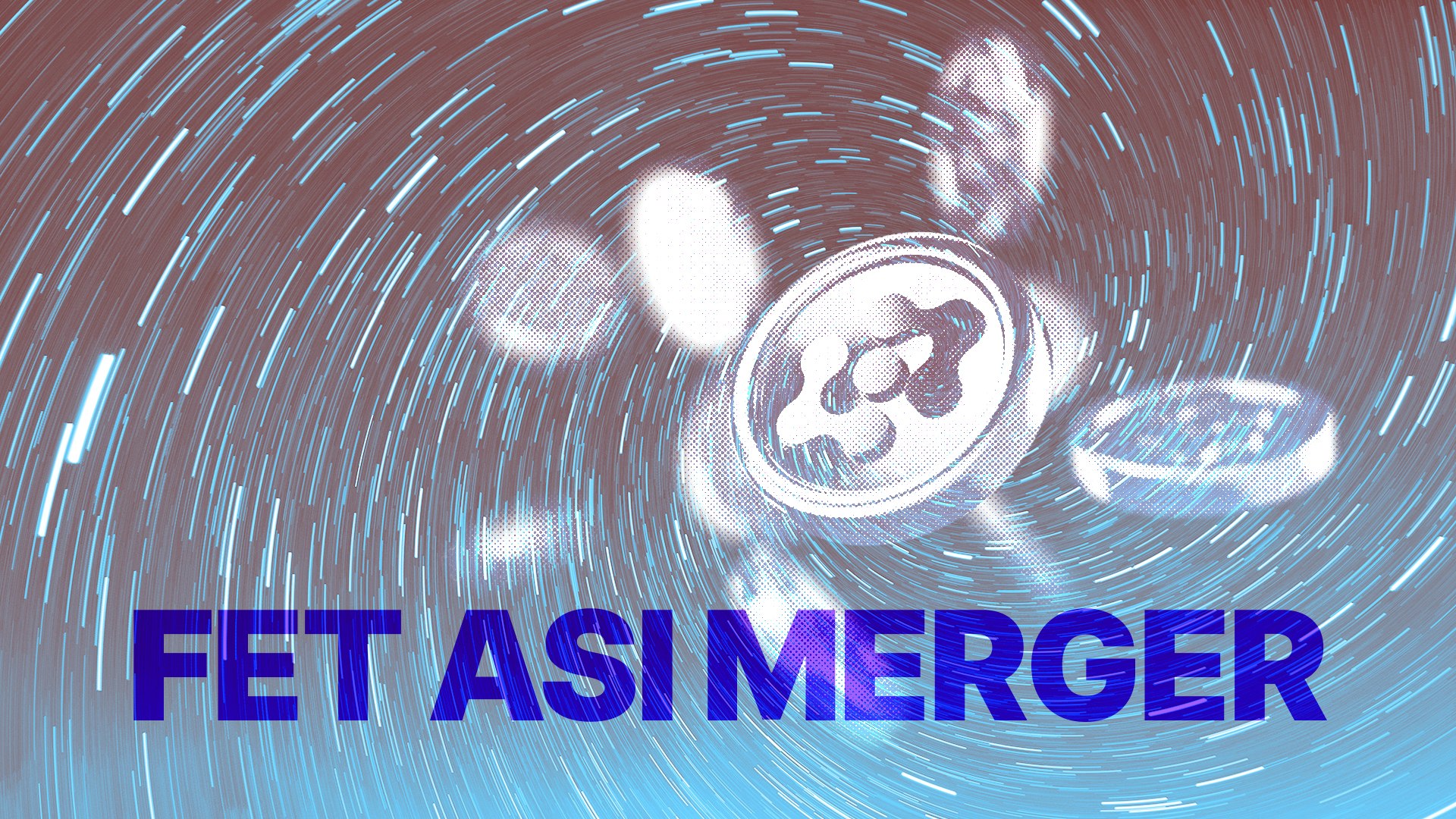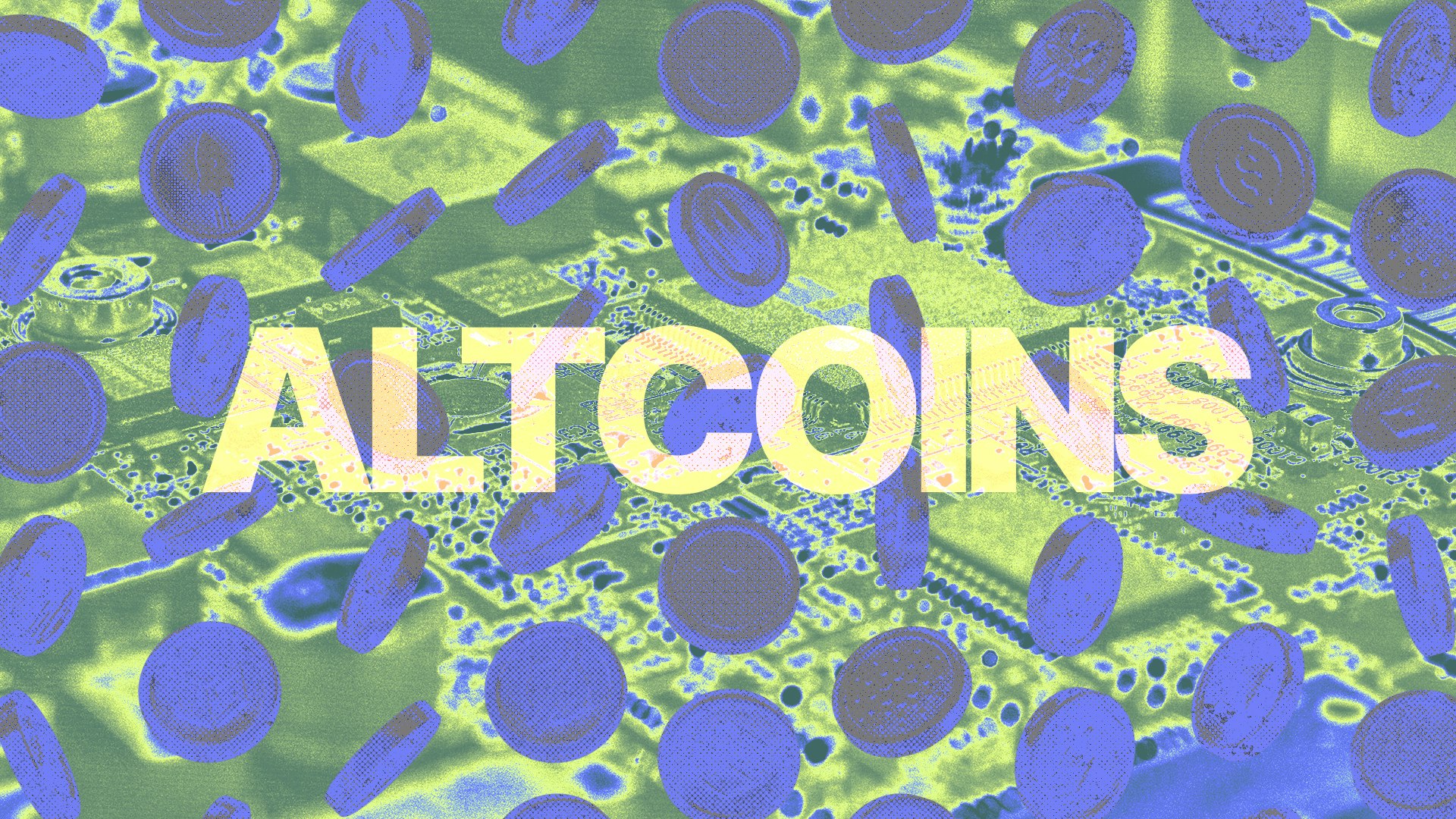Claim your free €20 Bitcoin bonus now! Just verify your ID. Weekly payouts every Friday! Don't invest unless you're prepared to lose all the money you invest. Take 2 mins to learn more.
The Solana Showdown: Can SOL Catch Ethereum This Year?
The Solana network has always been a solid competitor to the Ethereum Network. But will it catch it?
In this article...
- Solana is a solid competitor for the Ethereum Network
- While Solana has technological differences, it hasn't caught up to the popularity of the Ethereum Network
- Will Solana flip Ethereum in the near future?

The cryptocurrency landscape rivalry between Solana (SOL) and Ethereum (ETH) is becoming a seriously good watch. Grab your popcorn, because both blockchain networks are vying for dominance in the smart contract space. Each has distinct advantages and unique challenges.
The question on every crypto enthusiast's mind: Can Solana catch up to Ethereum's market supremacy?
Current Market Position
In the ripening part of 2025, Ethereum continues to hold its position as the second-largest cryptocurrency by market capitalisation.
Meanwhile, Solana has established itself firmly in the top 10 cryptocurrencies by market cap.
The disparity is significant. Ethereum's market cap is much larger than Solana's. However, this gap has been steadily narrowing as Solana continues to gain momentum and institutional interest.
Technical Performance: Speed vs. Security
Solana's primary competitive advantage lies in its technical architecture. The blockchain uses a unique proof-of-history layer that enables it to validate hundreds of thousands of transactions per second, a stark contrast to Ethereum's more conservative approach.
It has a reputation of being faster and cheaper than Ethereum in most instances.
However Solana has experienced outages before, which received criticism from its users.
Ethereum, while slower in raw transaction throughput, has been building its strength through Layer 2 solutions. Layer 2 solutions like Optimism and Arbitrum are expected to capture a growing share of transactions.
DeFi Dominance: Ethereum's Fortress
Perhaps nowhere is Ethereum's dominance more apparent than in decentralised finance (DeFi). CoinGecko data shows that Ethereum maintains the largest market share across all blockchains.
This DeFi dominance creates a powerful network effect. Developers continue to build on Ethereum because that's where the liquidity is, and liquidity providers stake their assets on Ethereum because that's where the most innovative DeFi protocols are deployed. Breaking this cycle represents Solana's greatest challenge.
The Institutional Factor
Institutional adoption remains a crucial differentiator. Ethereum benefits from being the first major smart contract platform with established infrastructure and regulatory clarity.
The mention of potential Solana ETF approval, as noted by crypto analysts, could be a game-changer for institutional adoption of SOL.
Institutional interest could be a crucial factor determining Solana's price movement in the future.
Challenges Ahead
Both networks face headwinds. Ethereum, to retain its lead, may aim to continue to scale effectively while maintaining its security and decentralisation ethos. The successful implementation of Layer 2 solutions could be crucial to maintaining its competitive edge.
Solana, meanwhile, probably needs to prove that its previous network stability issues are resolved while building the deep liquidity pools necessary to compete with Ethereum's DeFi ecosystem.
The Verdict: Catching Up vs. Overtaking
Can Solana catch Ethereum soon? The data suggests that while SOL may continue to gain ground, completely overtaking ETH's market cap appears unlikely in the near future. However, "catching up" can be interpreted in different ways.
If we measure success by transaction speed, Solana could attract more developers and users.
In terms of absolute market capitalisation, Ethereum's reliability, uptime and DeFi dominance provides a substantial moat. Even with aggressive growth projections for Solana by some commentators, the gap between Ethereum and Solana would probably persist.
Looking Forward
The competition between Solana and Ethereum ultimately benefits the entire cryptocurrency ecosystem. Both platforms are pushing the boundaries of what's possible in decentralised computing, and their rivalry drives innovation across the space.
While Solana may not dethrone Ethereum as the king of smart contracts in 2025 soon, it appears well-positioned to catch up in the future.

Suggested Articles

ASI Merger: What is Happening With Fetch.ai (FET)?
Three AI companies have merged, but what does it mean for you?Read more
What is an Altcoin? What are Altcoins for?
The term altcoin is derived from two words: “alternative” and “coin.” It refers to any cryptocurrency other than Bitcoin. Read more
Bitcoin Mining Scam: What to Look Out For
The Bitcoin Mining Scam is a new online threat coming at us. Our compliance expert explains another sophisticated scam to look out for.Read moreBrowse by topic
Please remember past performance is not a reliable indicator of future results. Don't invest unless you're prepared to lose all the money you invest.
Due to the nature, complexity and volatility of crypto, it may be perceived to be a high-risk investment. There are no government or central bank guarantees in the event something goes wrong with your investment.
CoinJar Europe Limited (CRO 720832) is registered and supervised by the Central Bank of Ireland (Registration number C496731) for Anti-Money Laundering and Countering the Financing of Terrorism purposes only.
Your information is handled in accordance with CoinJar’s Privacy Policy.
CoinJar Europe Limited (CRO 720832) is registered and supervised by the Central Bank of Ireland (Registration number C496731) for Anti-Money Laundering and Countering the Financing of Terrorism purposes only.
Apple Pay and Apple Watch are trademarks of Apple Inc. Google Pay is a trademark of Google LLC.
This site is protected by reCAPTCHA and the Google Privacy Policy and Terms of Service apply.

